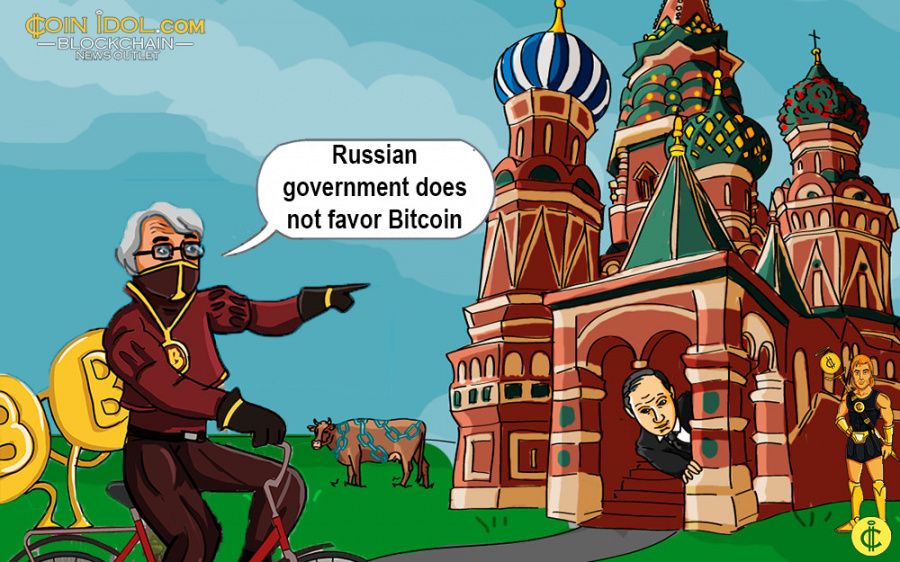The Central Bank of Russia is Taking Measures Against Bitcoin Payments

The Central Bank of Russia (CBR) has drawn up the Strategy on Financial Market Development by 2030, which makes clear its opposition to the cryptocurrency.
The strategy shows that the authorities have made their dismissive attitude towards cryptocurrencies even clearer. The CBR revealed that the only means of payment in Russia is the domestic currency, the ruble, a monetary unit of several nations in Eastern Europe (such as Belarus, Abkhazia, South Ossetia, Transnistria, etc.) that are closely linked to the Russian economy.
The Russian government will not allow the legalization of payments in Bitcoin, Ethereum, or any other decentralized cryptocurrency. The country's financial regulators will continue to tighten regulations and control over the cryptocurrency market and plan to introduce and implement new restrictive regulations for all Bitcoin and cryptocurrency holders.
Is cryptocurrency a threat to the financial system?
Currently, 1 Russian Ruble is equal to 0.00000030 Bitcoin, which means that the world's largest cryptocurrency is stronger than the ruble. Russia's GDP is currently $1.71 trillion, while Bitcoin's market capitalization is $860.21 billion.
The maximum market capitalization of BTC was about $1.2 trillion on April 13, 2021. This means that Bitcoin would only need to increase by more than 500 billion to surpass Russia's economy to become a threat and potential competitor. The entire cryptocurrency market is already economically stronger than the Russian economy. That is why the government imposes such sanctions on cryptocurrencies to reduce their momentum.

One way to restrict Bitcoin is to introduce the digital ruble, which will be managed, controlled and regulated by the CBR. The new strategy prepared by the CBR emphasizes that the digital ruble will be another legal tender.
In general, the CBR is extremely negative towards bitcoin and other forms of decentralized tokens. Just a few weeks ago, the deputy head of Central Bank Sergey Shvetsov revealed that cryptocurrencies, including Bitcoin, are a financial pyramid, adding that criminals use this emerging asset to carry out their illegal activities such as money laundering, terrorist financing, drug trafficking and many others.
Due to this restrictive stance, Russia showed skepticism towards El Salvador's legalisation of Bitcoin, as reported by CoinIdol, a world blockchain news outlet. El Salvador made Bitcoin a national currency on September 7, 2021. However, given Bitcoin's volatility, the Russian government does not believe that the cryptocurrency can be used for payments. Therefore, the government believes that BTC would harm the financial system if it were allowed to operate freely in the country, just as the ruble operates freely.
Price
Price
Price
Price
Coin expert

(0 comments)